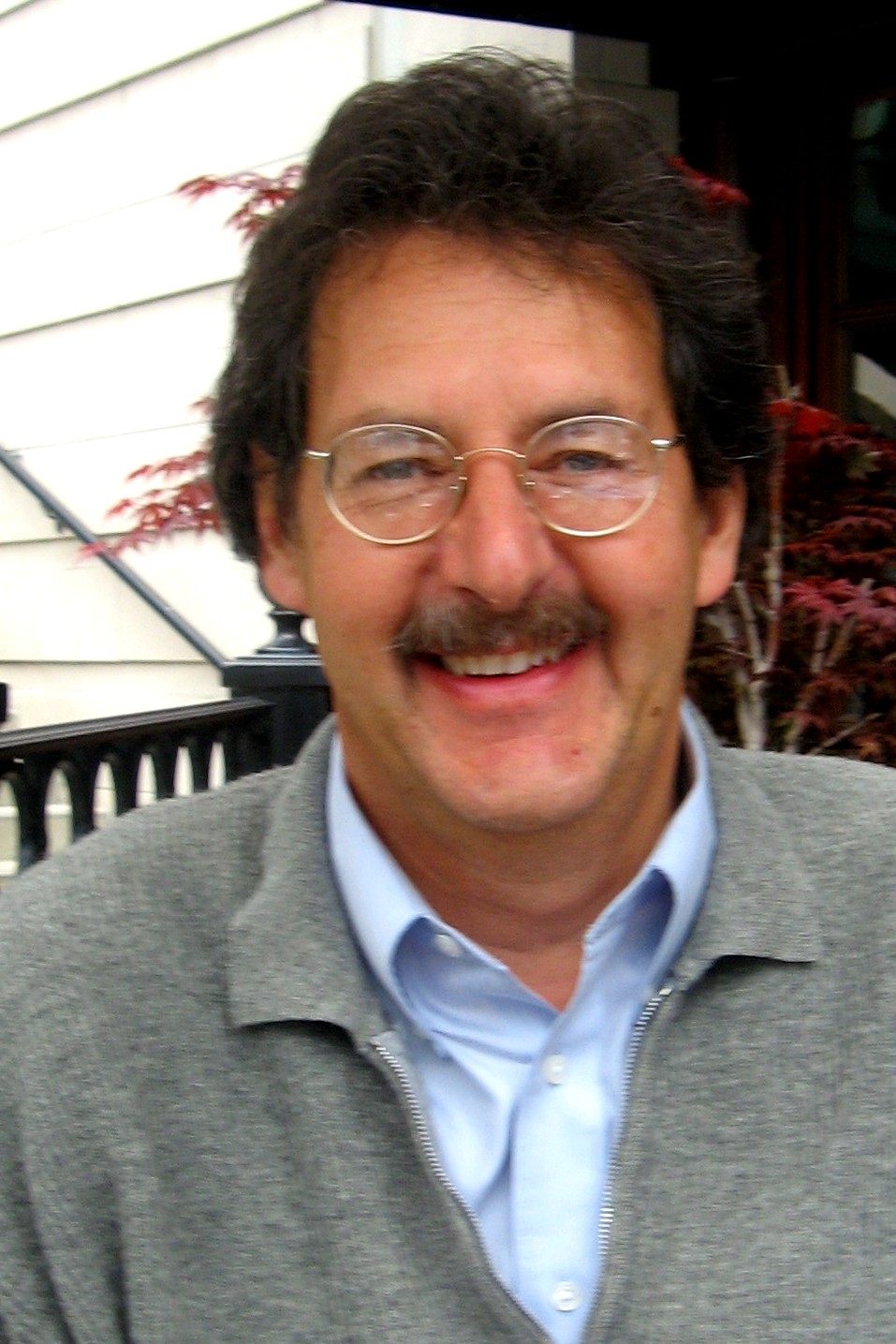Embracing the magical: Q&A with place-based education architect David Sobel
David Sobel |
Monday, March 09, 2015
 David Sobel is an award-winning education writer who helped create the place-based education movement, as well as a faculty member at Antioch University New England. His teachings and work helped inspire and guide the early development of the Great Lakes Stewardship Initiative.
What has been your role in advising the Great Lakes Stewardship Initiative?
David Sobel
David Sobel is an award-winning education writer who helped create the place-based education movement, as well as a faculty member at Antioch University New England. His teachings and work helped inspire and guide the early development of the Great Lakes Stewardship Initiative.
What has been your role in advising the Great Lakes Stewardship Initiative?
David Sobel: Mary Whitmore [GLSI's Coordinator and one of its primary designers] came to a conference in New England on place-based education, and she liked a lot of what she saw. One specific project I was working on was called CO-SEED. It stood for Community-based School Environmental Education. Mary took some of what we had been doing in and used that as a frame for what the GLSI is now about.
What has happened in Michigan is much more comprehensive and far-reaching than what we we've managed to do in New England. It's great to see place-based education taking root some place else and being successful.
How can a program like GLSI play a role in an education system that's so challenged by ongoing performance inequities and controversies over curriculum, testing and standards?
Sobel: Place-based education is a very viable school-improvement paradigm. You can be just as successful, if not more successful, in terms of increasing academic achievement through implementing place-based education approaches in schools. Then, above and beyond that, you can gain other benefits as well, such as increased stewardship behavior on the part of kids and families, and improved environmental quality. It's about making the school agenda bigger than just being about test scores. You can accomplish the test score stuff and much more than that.
In a culture so consumed by digital devices and virtual experiences, how can place-based education compete for students' attention?
Sobel: It doesn't have to be one or the other. There are lots of wonderful examples of using digital technology as part of place-based education projects. It takes sophisticated technology to solve water-quality kinds of problems and challenges. We've also seen success at the elementary level in engaging kids in digital storytelling to communicate problems of their place or to document oral histories of local folks. It doesn't need to be one or the other, and I think successful projects are often doing that kind of integration.
You've written about how much of what passes for environmental education tends to remove the magic from the experience. How can place-based education avoid that trap?
Sobel: Well, there's a John Burroughs quote that summarizes it. He said, "Knowledge without love will not stick, but if love comes first, knowledge is sure to follow.”
The premise here is that if we're going to be successful engaging kids in the learning process, and engaging kids with understanding natural systems, there has to be a certain amount of love or magic that they experience that gets them connected to the natural world or to local places. Then, once they feel that love or connectedness, they're going to be much more motivated to want to learn and engage with knowledge.
Today, we've severed knowledge from love or knowledge from magic, and therefore it becomes disembodied and uncompelling. You've got to let kids get immersed in the stream before you get them to be invested in wanting to figure out how you can improve the water quality of the stream.
For example, some of the classes that participate in the GLSI raise fish from eggs and then put the fish back into streams. The students develop a relationship with the creatures first, it has that magical quality to it. Students are more invested in figuring out, "Okay, so if we're going to stock the streams, is the water quality in the streams going to be good enough to sustain them?"
Is what the Great Lakes Stewardship Initiative doing unique in the country?
Sobel: Yes. That's what's been compelling about GLSI. They've really tried to do it at a statewide level, and they've created lots of compelling examples to show how this stuff can work effectively. No other state has done it so successfully.
The GLSI was launched in 2007 by the Great Lakes Fishery Trust to develop knowledgeable and active stewards of the Great Lakes and their ecosystems through hands-on learning in the community. Other funders include the Wege Foundation, the Frey Foundation, the Charles Stewart Mott Foundation, the Community Foundation of Muskegon County, and the Fremont Area Community Foundation.
The GLSI’s regional hubs across Michigan help students and their teachers collaborate with local organizations to study and address important environmental issues in their communities. In the process, students learn academic content and practice the skills of problem-solving and citizenship. To date, the GLSI has worked with nearly 1300 teachers in more than 250 schools, and has supported rigorous stewardship learning experiences for more than 66,000 students. For more information about the GLSI, click here.
This piece was made possible through a partnership with the Great Lakes Fishery Trust, the Great Lakes Stewardship Initiative and Public Sector Consultants.